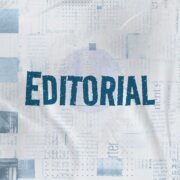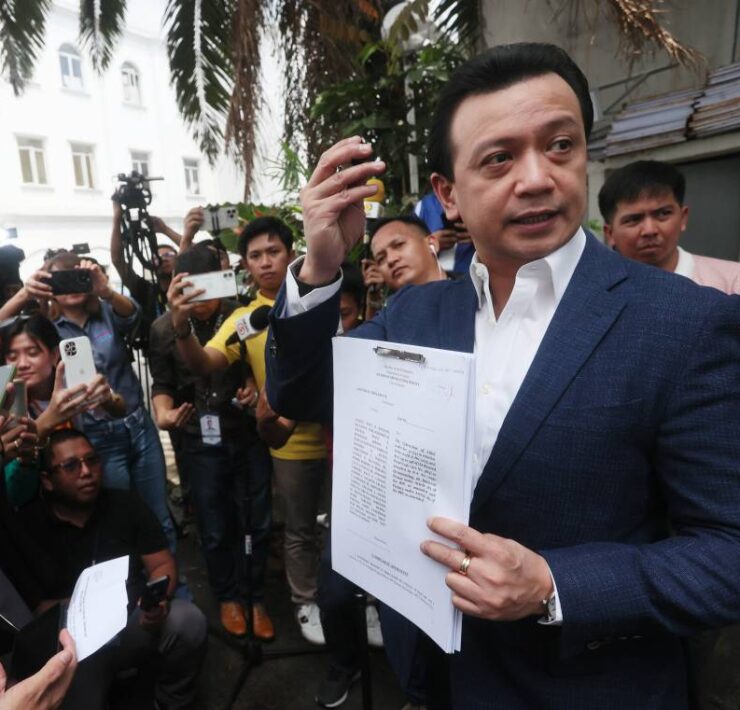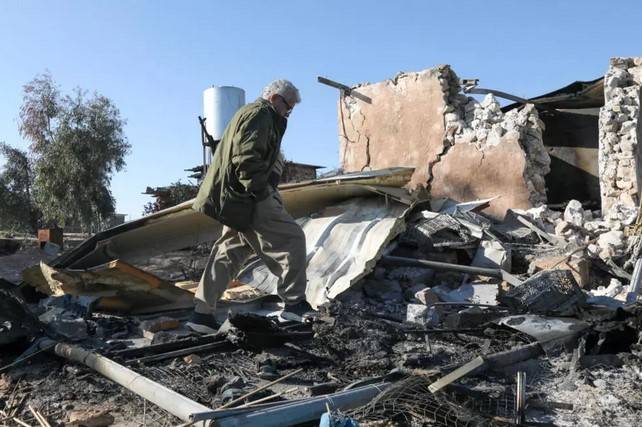The US elections from an outside view
United States President Joe Biden made the most important decision of his political career when he withdrew from his country’s presidential race. It is a significant legacy he bequeaths to his country, regardless of the results of the elections.
Americans should not begrudge foreigners from giving an outsider’s take on their election and on the candidates vying to become their nation’s leader. What’s at stake is the most powerful post on earth, and the results reverberate with impact beyond American shores. The world outside America contributes immensely to the US economy because American businesses generate hundreds of billions of income, and necessarily infuse huge chunks of taxes into the US government from the business patronage of foreign nationals. So, while the rest of the world do not have the right to vote in the US elections, we have the right to speak and to be heard because we will experience the consequences of America’s wisdom or folly. Besides, the appraisal of the candidates’ worth from a distant perch that’s uniquely available to non-Americans, may be useful to Americans because it supplements the latter’s proximate view of the aspirants.
There’s an ideological war raging on in the world today. There has always been such a war going on in our midst, but we are at a time when this kind of war is dangerously tilting in favor of those who want civilization to move on a backward trajectory.
On one side of this ideological war are countries, political parties, and leaders who subscribe to the belief that the world will be better off if humanity marches on to the beat of democratic ideals. These ideals include fair elections, freedom of expression, adherence to peace, nondiscrimination on the basis of race/gender/religion, among others. To be frank, the forces who are on this side of the divide are imperfect institutions and flawed individuals, not totally immune from greed, self-interest, and moral deficiencies. Still, these are forces whose compass point north toward the principles of democracy as a general direction. They move backward and sideways on many occasions, but at the end of the day, their strides achieve a net gain in the direction of democracy.
On the other side of the ideological divide are countries, political parties, and leaders who are adherents of tyranny, fascism, or permutations of either of these two. Their words and actions encourage violence, discrimination based on race/religion/gender, disinformation, among others. They have their merits, especially when it comes to economic gains (mostly on the short term), and espousal of conservative values. But because of their words and actions, plus the kind of fascist groups they empower, one can almost feel that they espouse these issues not because of earnest belief, but because of their utility in their quest for power.
The US has been the world’s torchbearer of democratic ideals for much of contemporary history. True, America has been responsible for many horrific deeds that are the anti-thesis of democracy, and it must be continuously rebuked for its many sins. But in a continuum that has on the right end the ideals of democracy and on the left end the paradigms of fascism, the US under its current leaders is situated somewhere on the right from the middle of the continuum. In contrast, countries like Russia and China, under their current leaders, are placed on the left from the middle.
In the forthcoming elections, former president Donald Trump and Sen. J.D. Vance have captured the nomination of the Republican Party, notwithstanding a history of disgraceful conduct (even a criminal conviction for Trump), political somersaulting, and scandalous utterances that would have ended political careers in the not so distant past.
Trump and Vance have staked positions that appeal to devout Christians who want to preserve conservative values, and Americans who favor Trump’s policies of economic and immigration protectionism. But the standpoints of Trump and Vance have equally provided voice and lent considerable power to right-wing groups whose beliefs and actions will make the US stride toward the left-side direction of the ideological continuum. If Trump and Vance get elected, the stature of the US as torchbearer of democratic ideals will suffer, in the eyes of the rest of the world.
Are Americans correct in earnestly believing that Trump and Vance share the Christian values and democratic ideals they mouth in the limelight, despite their past conduct? Are the two riding on these issues because of their utilitarian use in their quest for power? Are Americans supporting Trump and Vance because of their utilitarian roles in championing their beliefs?
The heart and soul of America as the world’s torchbearer of democracy are at stake in the US elections. What beliefs and ideals will make Americans sacrifice their country’s heart and soul as bastion of democracy?
Comments to fleamarketofideas@gmail.com





















